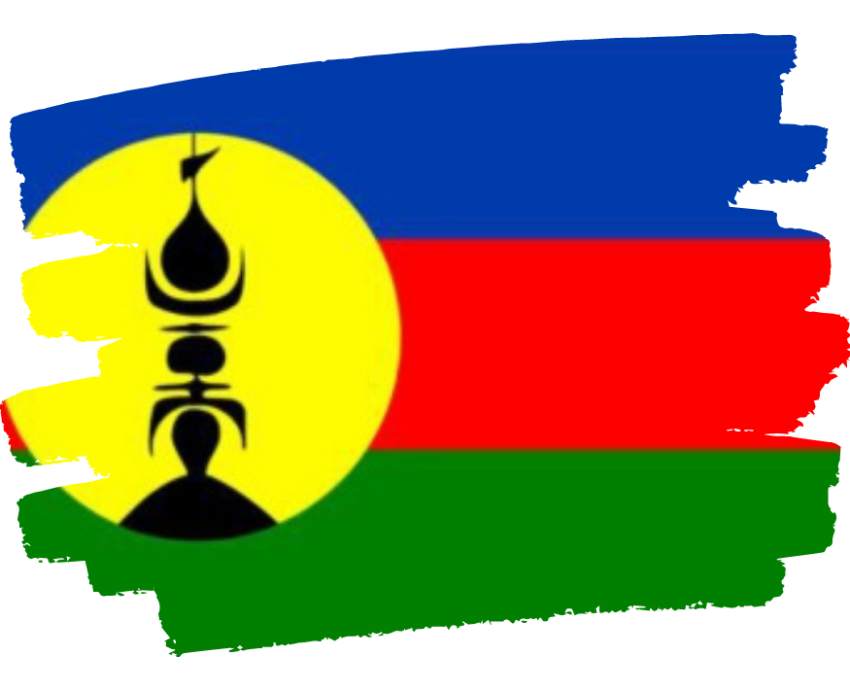
France’s High Commissioner to Kanaky (New Caledonia), Patrice Faure, has announced that the nation’s referendum on self-determination will proceed on December 12, despite calls from independence forces for a delay until next year.
According to Asia-Pacific Report (APR), pro-independence parties had called on Paris to postpone the vote to the second half of 2022 because of the impact of the COVID-19 outbreak, which has claimed more than 270 lives, mostly Melanesian.
The pro-independence parties said they would not respect the result of the independence referendum if France retains the December 12 date, reports RNZ Pacific.
Nic Maclellan reported in Islands Business that the decision to proceed with the referendum has angered the Kanak independence coalition Front de Libération Nationale Kanak et Socialiste (FLNKS). Speaking on radio after the announcement, FLNKS spokesperson Daniel Goa confirmed: “We are not involved in this referendum, because the health and social conditions are not suitable for it to be held in serenity and peace.”
Victor Tutugoro, president of Union Progressiste Mélanésienne (UPM), one of four parties in the FLNKS coalition, told Islands Business that “even if the health situation has improved compared to a month ago, many Kanak and other islanders are in mourning for their dead. Many are still fearful of the virus as they move around. This is why we wanted to postponement of the vote.”
Tutugoro said the FLNKS and all other independence parties would call on all independence supporters not to participate: “This position is supported not just by the FLNKS, but by the Kanak Customary Senate, the USTKE [trade union confederation], the Parti Travailliste [Labour Party], everyone.”
However, the announcement has been welcomed by the anti-independence parties, who argue the country needs “clarity”, according to APR.
Two previous independence referendums, in 2018 and 2020, were narrowly lost, but the pro-independence parties increased their vote and were gaining momentum before the COVID-19 pandemic, reported APR.
Pro-independence figures have been subjected to social media threats and threats of physical violence, according to APR, in a campaign designed to manipulate the country’s youth and sow instability.
Maclellan wrote that the timing of the referendum is also driven by domestic French politics. “France will hold its Presidential elections in April and May, followed by elections for the French National Assembly. With President Emmanuel Macron seeking re-election, and facing strong competition from extreme-Right leaders like Marine Le Pen and Eric Zemmour, a law and order campaign on the other side of the globe may appeal to conservative voters.”
The Nouméa Accord was signed in May 1998 by the French government, the FLNKS and the anti-independence RPCR (Rassamblement Pour la Calédonie dans la République), as part of a negotiated transition to independence. Key elements of the agreement included: shared sovereignty and an end to New Caledonia's status as a French overseas territory; elections for new political institutions; transfer of administrative powers; recognition of Kanak culture and identity; and a further transition before a referendum on self-determination.
“There is growing anger that by setting the date unilaterally, the French government is ignoring a key Noumea Accord partner and abandoning the consensus that has allowed two previous votes to proceed,” wrote Maclellan.